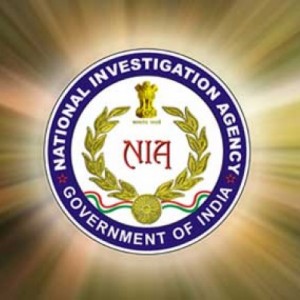National Medical Commission Empowered to Take Disciplinary Action Against Doctors Violating Generic Drug Prescribing Rules

Delhi, 28th July 2023: In a move to promote affordable healthcare, the Indian Medical Council has emphasized the importance of prescribing generic medicines. Clause 1.5 of the Indian Medical Council (Professional Conduct, Etiquette, and Ethics) Regulations, 2002, specifies that physicians should use generic drug names in their prescriptions, written legibly and preferably in capital letters. This practice ensures rational prescription and usage of drugs. To enforce this regulation, the National Medical Commission Act, 2019, grants appropriate State Medical Councils and the Ethics and Medical Registration Board (EMRB) of the National Medical Commission the authority to take disciplinary action against doctors found violating these provisions.
Complaints of ethical code violations are referred to the respective State Medical Councils where the medical practitioners are registered. To further encourage the use of generic medicines in public health facilities, states have been advised to conduct regular prescription audits and ensure the prescription of generic drugs.
A significant step in promoting generic medicines at affordable prices nationwide is the establishment of over 9600 Pradhan Mantri Bhartiya Janaushadhi Kendras (PMBJK) across all districts of the country. The Department of Pharmaceuticals / Pharmaceuticals & Medical Devices Bureau of India (PMBI) is actively raising awareness about this scheme through electronic and print media advertisements as well as outdoor publicity. Social media platforms are also utilized to disseminate information about the benefits of Jan Aushadhi generic medicines and the scheme itself. Additionally, PMBI has developed a mobile application called “Janaushadhi Sugam,” offering users a convenient platform to locate nearby PMBJKs and search for Janaushadhi medicines and contact details.
The promotion of generic medicines is further supported by the National Health Mission (NHM), which provides essential generic drugs free of cost in public health facilities. This support extends beyond drugs to encompass various components crucial for the successful implementation of the Free Drug Service Initiative. This includes strengthening and setting up robust procurement systems, quality assurance measures, IT-backed supply chain management systems such as the Drugs and Vaccines Distribution Management Systems (DVDMS) developed by the Centre for Development of Advanced Computing (CDAC), warehousing facilities, prescription audits, grievance redressal mechanisms, and Information, Education, and Communication (IEC) activities.
To raise awareness and expand the reach of the Scheme, Jan Aushadhi Diwas is celebrated annually on 7 March.
The Union Minister of State for Health and Family Welfare, Dr. Bharati Pravin Pawar, conveyed these developments in a written reply in the Lok Sabha. The measures aim to ensure the availability and affordability of quality medicines for all citizens.








